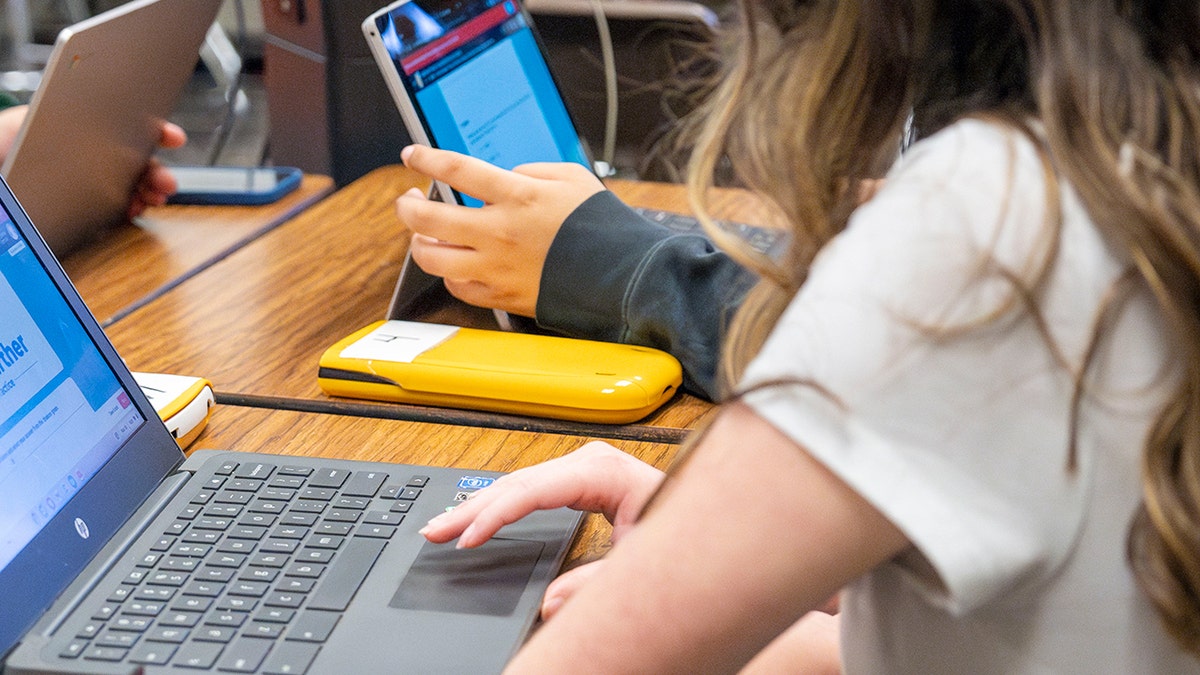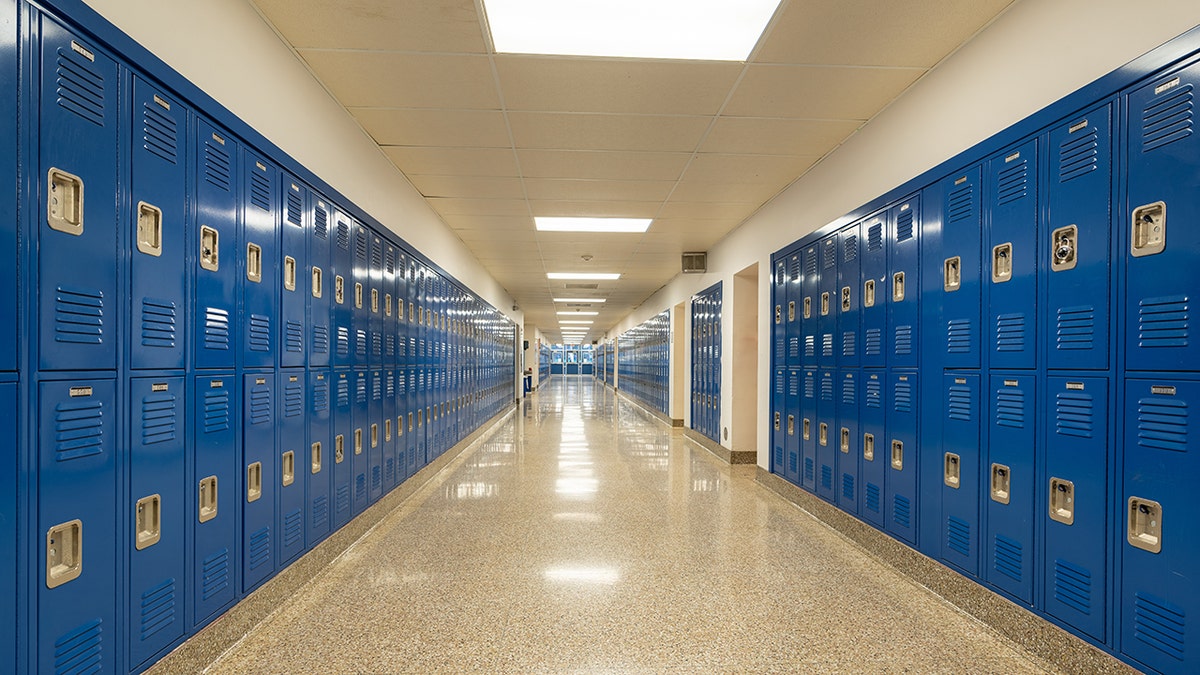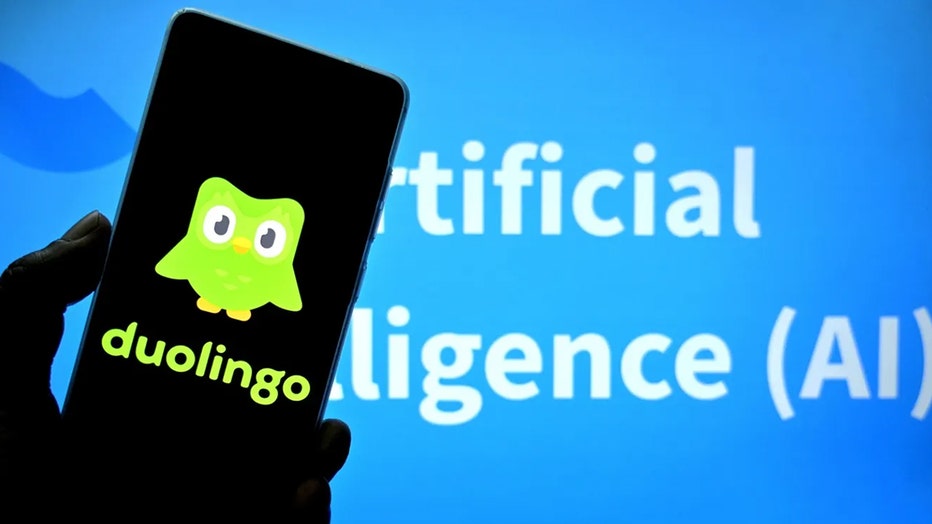Most earnings announcements and ensuing analyst calls are spent discussing all the money — or lack of it — the host company made during the previous quarter. Not so at Amazon on Thursday (May 1).
It spent most of its first-quarter earnings call talking less about the dollars it made and more about how it intends to keep winning the battle for the consumer’s trust. It sounded its traditional theme of the customer experience early and often.
So far, anyway, that customer is proving to be fairly resilient. By the numbers, revenue rose 10% from a year earlier to $155.7 billion, with worldwide paid units up 8%, Chief Financial Officer Brian Olsavsky told analysts.
Still, executives struck a cautious note about spending patterns. Deal events such as the Big Spring Sale and Ramadan promotions “helped customers save over $500 million,” CEO Andy Jassy said, adding that price sensitivity is elevated “with this being an uncertain moment for consumers.”
Everyday Essentials — groceries, household staples and the like — grew more than twice as fast as the rest of the mix and now make up 1 of every 3 U.S. units sold, a sign that shoppers remain value-focused even as they keep clicking “buy.”
For the current quarter, Amazon forecasts net sales of $159 billion to $164 billion and operating income of $13 billion to $17.5 billion, a bounce of between 7% and 11%. The wide range, Olsavsky noted, “reflects the complex external environment,” including tariffs and a seasonal jump in stock-based compensation.
Pressed repeatedly on the potential for higher tariffs, Jassy said demand had not yet softened. If anything, he said, Amazon has seen “heightened buying in certain categories that may indicate stocking up in advance of any potential tariff impact.” The company pulled forward inventory in the first quarter, while many marketplace merchants accelerated shipments to U.S. warehouses, a tactic aimed at insulating customers from price spikes.
Amazon’s risk, he argued, is muted relative to rivals. Many traditional retailers buy from middlemen who themselves import from China, “so the total tariff will be higher for these retailers than for China-direct sellers” on Amazon’s platform, Jassy said.
With more than 2 million global sellers and “hundreds of millions of unique SKUs,” Jassy expects that breadth to cushion any sudden shifts in sourcing or consumer tastes.
“When there are uncertain environments, customers tend to choose the provider they trust most,” he said.
Logistics and Agentic Infrastructure
Behind the scenes, Amazon is pushing through the next wave of efficiency projects that helped power its recent margin rebound.
Rearchitecting the inbound freight network to align with the regional fulfillment model “drove productivity in our fulfillment and transportation network,” Olsavsky said, allowing record one-day and same-day delivery volumes while holding down per-package costs.
Excluding one-time charges tied to returned merchandise and early tariff buys, first-quarter operating margins would have been 7.2% in North America and 3.7% internationally.
Looking ahead, Amazon will “build out same-day delivery sites, expand our rural delivery network, and add robotics and automation,” Olsavsky said, noting that the investments designed to protect profitability even if consumer demand slows.
Much of the call’s second half shifted from logistics to artificial intelligence. Jassy called the technology a once-in-a-generation platform shift and said Amazon Web Services already commands a “multibillion-dollar annual revenue run rate” in generative AI services, growing triple-digit percentages despite capacity constraints.
To satisfy developers, AWS has layered its Bedrock service with models from Anthropic, Meta, Mistral and Amazon’s in-house Titan family, positioning the cloud division as what Jassy called the “infrastructure for agentic AI.”
The most visible proof point is Alexa. A new version, free to Prime members or $19.99 a month for others, is rolling out to more than half a billion installed devices. Unlike earlier voice assistants that merely answered questions, the upgraded Alexa can orchestrate complex routines, Jassy said.
“You can say, ‘Open the shades, raise the temperature five degrees and pick dinner music,’ and she just does it. … It really is like having a great personal assistant, which most people in the world don’t have.” Early user feedback, he added, has been “very positive.”
Amazon’s playbook for 2024 looks familiar: lean harder into price, speed and selection while pouring capital into technologies — particularly AI — that can widen those same moats. Whether tariffs tighten or the consumer softens, executives argue that the company’s diversified supplier base, sprawling fulfillment network and fast-growing advertising and cloud franchises give it unusual flexibility.
As Jassy summed up, “We have emerged from past periods of uncertainty with more relative market segment share than we started — and I’m optimistic this could happen again.”














